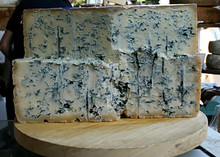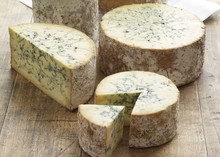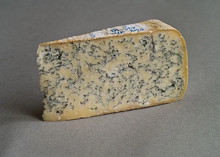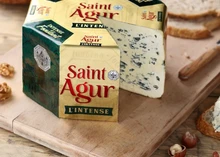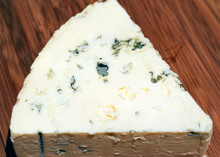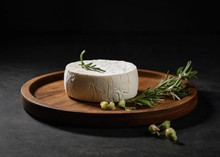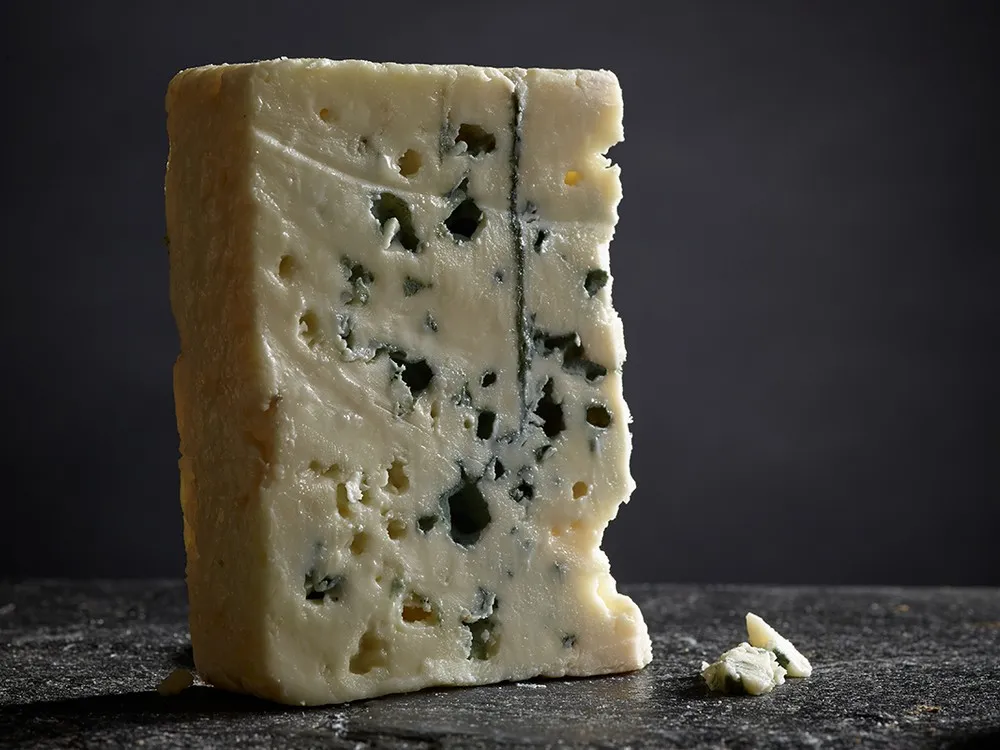
Substitutes for Roquefort
Roquefort cheese, a unique delicacy with its distinct blue veins and rich flavor, is a beloved choice among cheese enthusiasts. However, there may be times when you find yourself in need of a substitute for Roquefort cheese, whether it's due to dietary restrictions, availability issues, or simply wanting to try something new, several options can provide a similar culinary experience. In this article, we will explore various cheeses that can serve as substitutes for Roquefort cheese, highlighting their similarities and unique characteristics.
Is Roquefort Cheese Similar to Bleu Cheese?
Bleu cheese – often associated with Roquefort cheese – is a suitable substitute in terms of flavor and texture. Both cheeses belong to the blue cheese family, characterized by the presence of blue or green veins caused by the mold Penicillium. Bleu cheese shares Roquefort's savory and tangy taste, making it an excellent alternative. However, it is worth noting that each cheese has its distinct nuances, influenced by factors such as aging, production methods, and geographical origin.
Roquefort cheese – a French delicacy with a protected designation of origin – is made exclusively from the milk of Lacaune sheep that graze on the lush plateaus of the Aveyron region. It is aged in natural limestone caves, allowing the Penicillium roqueforti mold to work its magic over several months. This unique aging process gives Roquefort its crumbly texture and bold, salty flavor with a creamy finish.
On the other hand, the term 'Bleu cheese' encompasses a wide variety of blue-veined cheeses produced worldwide, such as Gorgonzola from Italy and Stilton from England. These cheeses differ in taste and texture due to variations in milk type, aging duration, and specific mold strains used during production. While Roquefort and Bleu cheese share similarities, connoisseurs can appreciate the subtle distinctions that set each cheese apart, adding depth and complexity to culinary experiences.
Is Roquefort Cheese Similar to Cottage Cheese?
Roquefort is a beloved blue cheese hailing from the south of France, that is renowned for its distinct sharp and tangy flavor profile and is vastly dissimilar to cottage cheese.
The former is made from sheep's milk and aged in the natural Combalou caves of Roquefort-sur-Soulzon; during this time, it develops its signature blue-green veins of mold, known as Penicillium roqueforti. The aging process of Roquefort cheese is crucial in creating its complex flavor, as it allows the mold to spread and impart a unique earthy and spicy taste to the cheese. In addition to its flavor, Roquefort cheese also has a rich history dating back to ancient times.
Cottage cheese, on the other hand, is made from cheese curds that have been drained but not pressed. Made primarily from pasteurized cow’s milk, it lacks the signature blue mold that makes Roquefort so distinctive and has a rubbery texture that sits in contrast to Roquefort’s smooth, almost cloying nature.
Is Roquefort Cheese Similar to Gorgonzola Cheese?
Gorgonzola is an Italian blue cheese that shares many similarities with Roquefort cheese. Both varieties are characterized by their blue veins and rich, creamy texture. Gorgonzola cheese offers a slightly milder flavor compared to Roquefort, with a hint of sweetness. This makes it an excellent substitute for those who appreciate the complex taste of Roquefort cheese but prefer a slightly more delicate profile.
Despite their similarities, there are some distinct differences between Roquefort and Gorgonzola cheese. Roquefort cheese is made from sheep's milk and is aged in the natural Combalou caves of Roquefort-sur-Soulzon, France. The unique environment of these caves imparts a specific flavor profile to the cheese, resulting in its signature tangy and sharp taste. On the other hand, Gorgonzola cheese is made from cow's milk and is aged for a shorter period in controlled environments, giving it a creamier texture and a more subtle blue cheese flavor.
Is Roquefort Cheese Similar to Stilton?
Stilton is a British blue cheese that can be considered a viable substitute for Roquefort cheese. It possesses a creamy texture and a full-bodied flavor, though not as sharp as Roquefort. Stilton cheese has a notably sweeter taste and a milder tang, making it an excellent alternative to Roquefort for those who prefer a more subtle blue cheese experience.
Is Roquefort Cheese Similar to Danish Blue?
Danish Blue cheese, sometimes referred to as Danablu, shares similarities with Roquefort cheese in terms of texture and taste. Like Roquefort, Danish Blue features an earthy and pungent flavor, highlighted by the characteristic blue veins. It can serve as a satisfactory substitute for Roquefort cheese, particularly for those who enjoy the bold and distinct taste of blue cheeses.
Is Roquefort Cheese Similar to Saint Agur Cheese?
Saint Agur is a French blue cheese, that offers a comparable flavor and texture to Roquefort cheese. Both cheeses share a creamy and crumbly texture punctuated by the blue veins. However, Saint Agur boasts a milder and slightly sweeter taste profile, with a creamier consistency compared to Roquefort. It can be an excellent substitute for those seeking a more gentle variation of Roquefort cheese.
Is Roquefort Cheese Similar to Goat Cheese?
Goat cheese, also known as chèvre, provides a distinct alternative to Roquefort cheese. While it does not possess the blue veins characteristic of Roquefort, goat cheese offers a tangy and creamy flavor that can similarly complement dishes. It is important to note that goat cheese has a notably different texture and taste compared to Roquefort, making it a unique substitute that can add its own flair to culinary creations.
Is Roquefort Cheese Similar to Ricotta?
Ricotta cheese differs significantly from Roquefort and may not be the best choice as a substitute. Ricotta is a fresh and mild Italian cheese known for its smooth and slightly grainy texture. It lacks the distinctive blue veins and intense flavor characteristic of Roquefort cheese. While Ricotta can be a delightful addition to various dishes, it is not the most suitable replacement for Roquefort in terms of replicating its taste and texture.
Overall, when seeking a substitute for Roquefort cheese, it is essential to consider the desired flavor, texture, and culinary purpose. Rest assured, there is a suitable substitute for every taste preference. While some cheeses may closely resemble Roquefort in taste and appearance, each brings its own unique qualities to the table. Whether you opt for a pungent blue cheese like Gorgonzola or prefer the creamy tang of Saint Agur, exploring these alternatives can enhance your culinary experiences and broaden your cheese palate.

